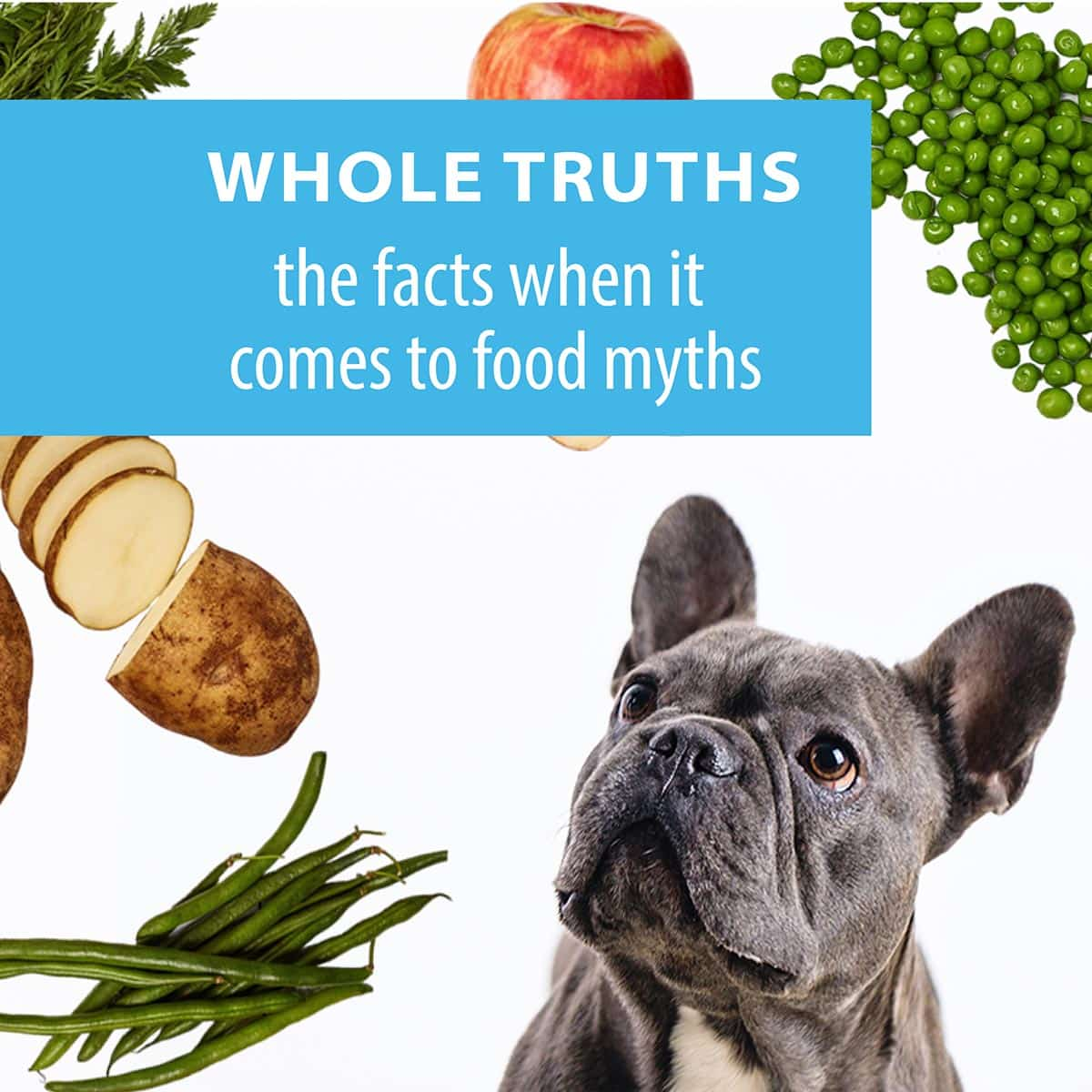10 Surprising Dog Food Myths Pushed by the Industry
Choosing the right food for your furry friend can feel overwhelming, especially with so much conflicting information available. We clear the air by debunking some of the most common dog food myths.
Choosing the right food for your furry friend can feel overwhelming, especially with so much conflicting information available. Let’s clear the air by debunking some of the most common dog food myths:
Pet Food Myth #1: Grain-free pet food is healthier.
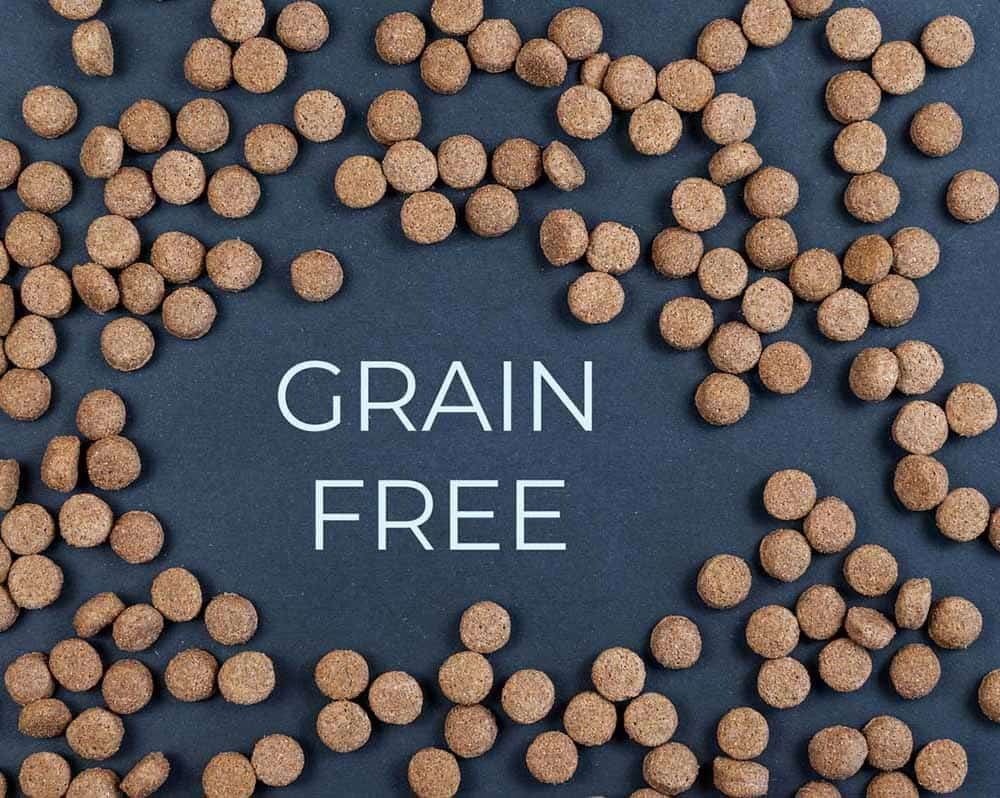
The whole truth: The pet food industry loves to insinuate that grains are not good for dogs. While some dogs do have food allergies, grains themselves are not inherently bad for most canines. They provide valuable nutrients like fiber and carbohydrates. The recent link between grain-free diets and heart disease in dogs is still under investigation, so consult your veterinarian before switching your pup’s food.
Myth #2: Kibble helps clean your dog’s teeth.
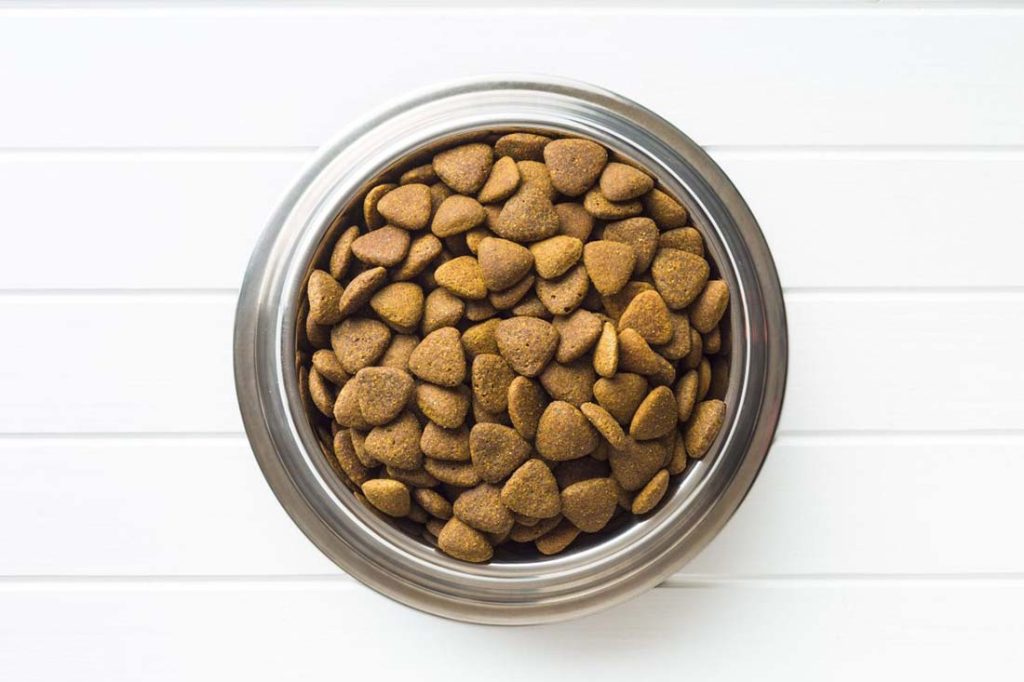
The whole truth: A lot of pet parents have heard that dry commercial pet food is necessary to maintain their dog’s dental health. It’s a common misconception that crunchy kibble helps to remove plaque by scraping against the teeth as the dog chews. The fact is, kibble does nothing to prevent plaque and tartar where it matters most: the gumline. That’s where decay, cavities, and gum diseases start. At the end of the day, kibble and dental chews cannot replace proper dental cleaning and tooth brushing.
Myth #3: Dogs are carnivores.
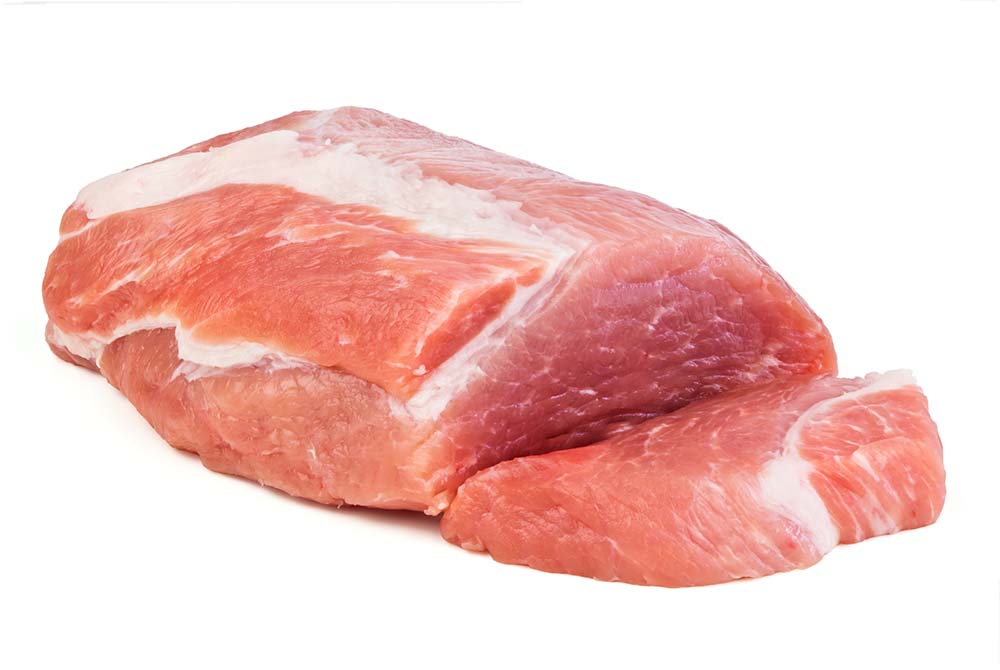
The whole truth: Dogs are omnivores! They obtain nutrients from various sources of food, which, in addition to animal protein, include grains, carbohydrates, vegetables, and fruit. Some dogs can even thrive on alternative sources of protein/plant-based diet (given it is complete and balanced and meets a dog’s nutritional needs).
Cats, on the other hand, are obligate carnivores that need an extra hand producing taurine, so they require a high-protein diet.
Myth #4: Raw diets are more natural. It’s what wolves eat.

The whole truth: The nutritional needs of a wild animal do not equate to those of the domesticated version. Pet dogs are domesticated animals, and their digestive system and enzymes have adapted accordingly.
Raw food and raw meat diets can pose health risks to both you and your dog due to potential bacterial contamination (E. coli, salmonella, etc.). Additionally, ensuring a raw, meat-based diet is complete and balanced can be challenging. Always discuss the risks and benefits with your veterinary nutritionist.
Myth #5: Dog food labeled as “all-natural” or “holistic” means it’s healthier.
The whole truth: This is simple (yet effective) marketing to pet owners. Pretty much anyone can slap these words on a bag of food and claim it’s better for your dog’s health.
Myth #6: Bad breath is normal for dogs.
The whole truth: Healthy dogs shouldn’t have chronic bad breath, which can be caused by disease or an unbalanced gut microbiome. Many of our pet parents report that their dog’s breath improved after switching to a high-quality, fresh whole food diet that incorporates probiotics.
Myth #7: Dogs shouldn’t eat pasta. It’s just filler.
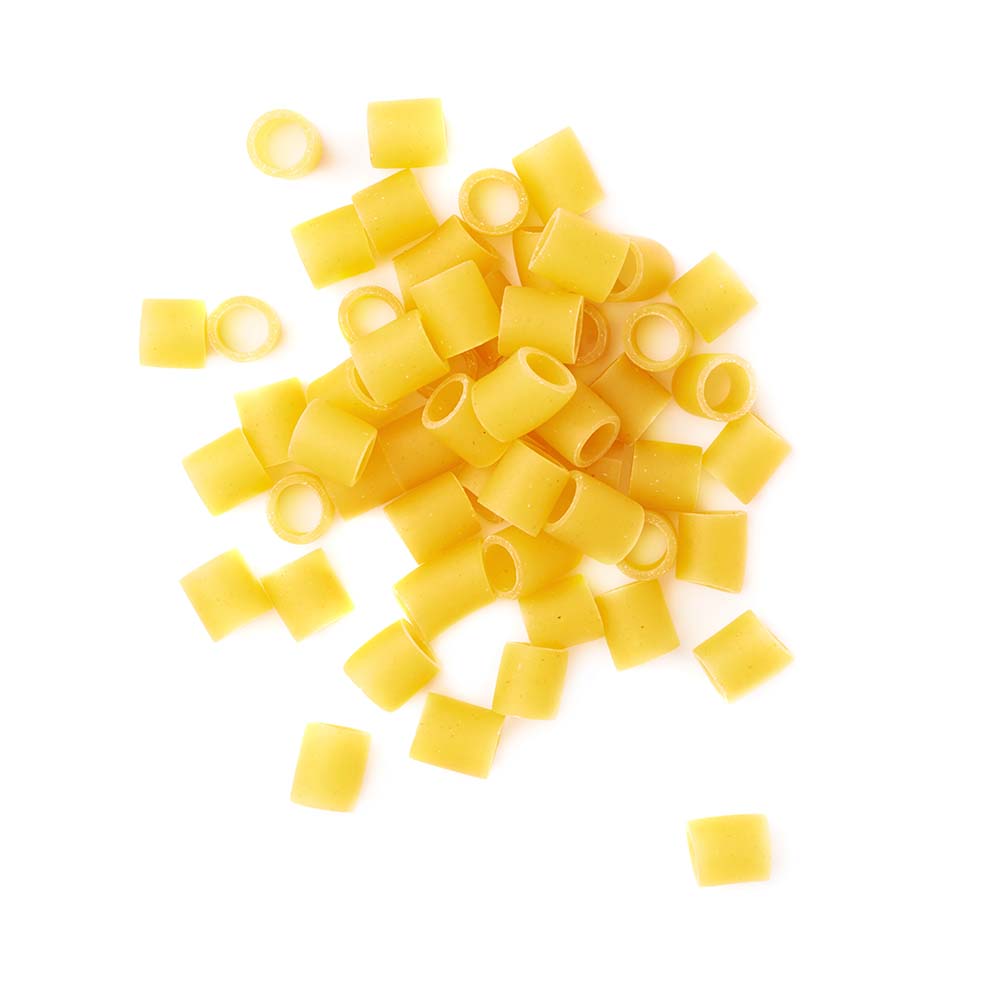
The whole truth: Whole wheat pasta comes with health benefits! It is a great source of complex carbohydrates, dietary fiber, iron, and b vitamins such as thiamine, niacin, riboflavin, and folic acid that are required to convert carbs into energy.
We use whole wheat pasta because it’s lower in calories, less processed, and contains more macronutrients and as much as three times the dietary fiber of refined pasta, leaving your pup feeling fuller longer.
Myth #8: Before pet food can be sold, pets have to consume it safely.
The whole truth: AAFCO (Association of American Feed Control Officials) establishes minimum parameters for feeding trials, but there’s no regulation requiring a pet food company to run those trials, not even from the FDA.
If their food meets established nutritional levels, they can sell products without ever feeding them to pets. Only a handful of companies run actual feeding trials—and JustFoodForDogs is one of them!
Myth #9: Cooking decreases the nutritional value of food.
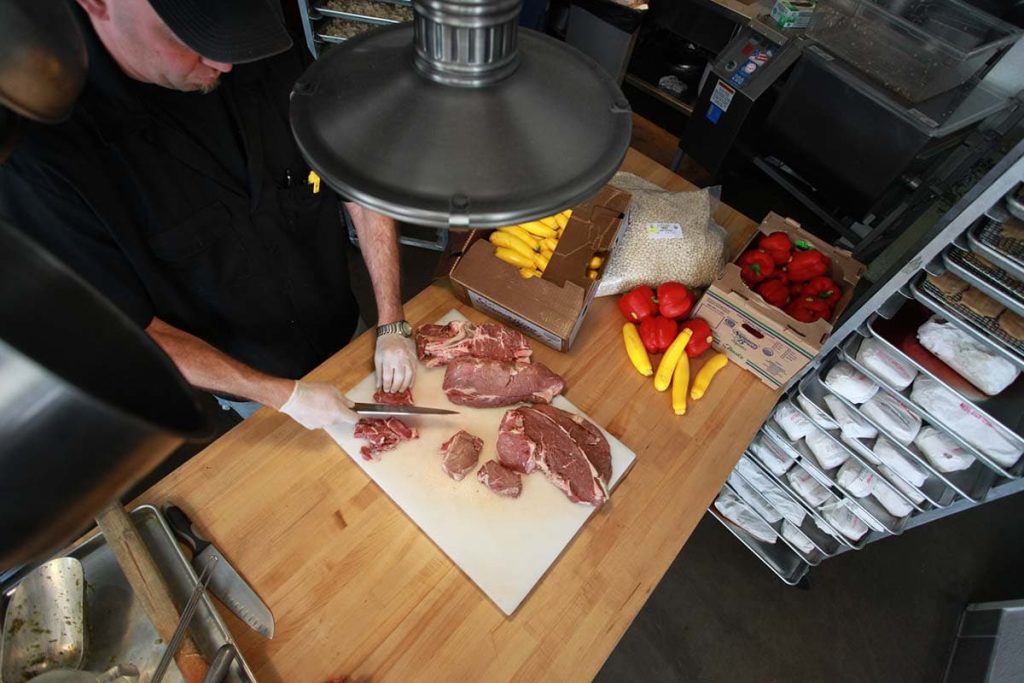
The whole truth: Cooking concentrates nutrients and also makes food in a dog’s diet easier on the digestive tract. The USDA lists the nutritional value of cooked meat as containing more protein, calcium, phosphorus, and thiamine (B1) than its raw equivalent.
Myth #10: Frozen food isn’t as healthy.
The whole truth: Frozen food is just as healthy and, in some cases, can be more healthy because of essential nutrient retention. Freezing food allows it to retain nutrients like fatty acids for longer. Our food is prepared, cooked, cooled, packed, and frozen on the same day to secure all the freshness for longer lengths of time.
Pet Nutrition Misinformation Is Everywhere
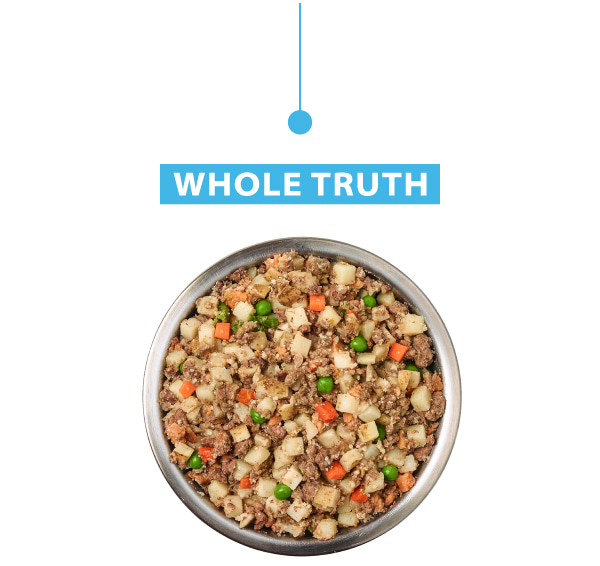
Don’t beat yourself up if you believed any of the above common misconceptions. A lot of us at JFFD once believed some of them, too! Remember, your veterinarian is your best resource for all dog food-related questions. By debunking these myths and seeking expert advice, you can make the best decision regarding your pet’s health.
